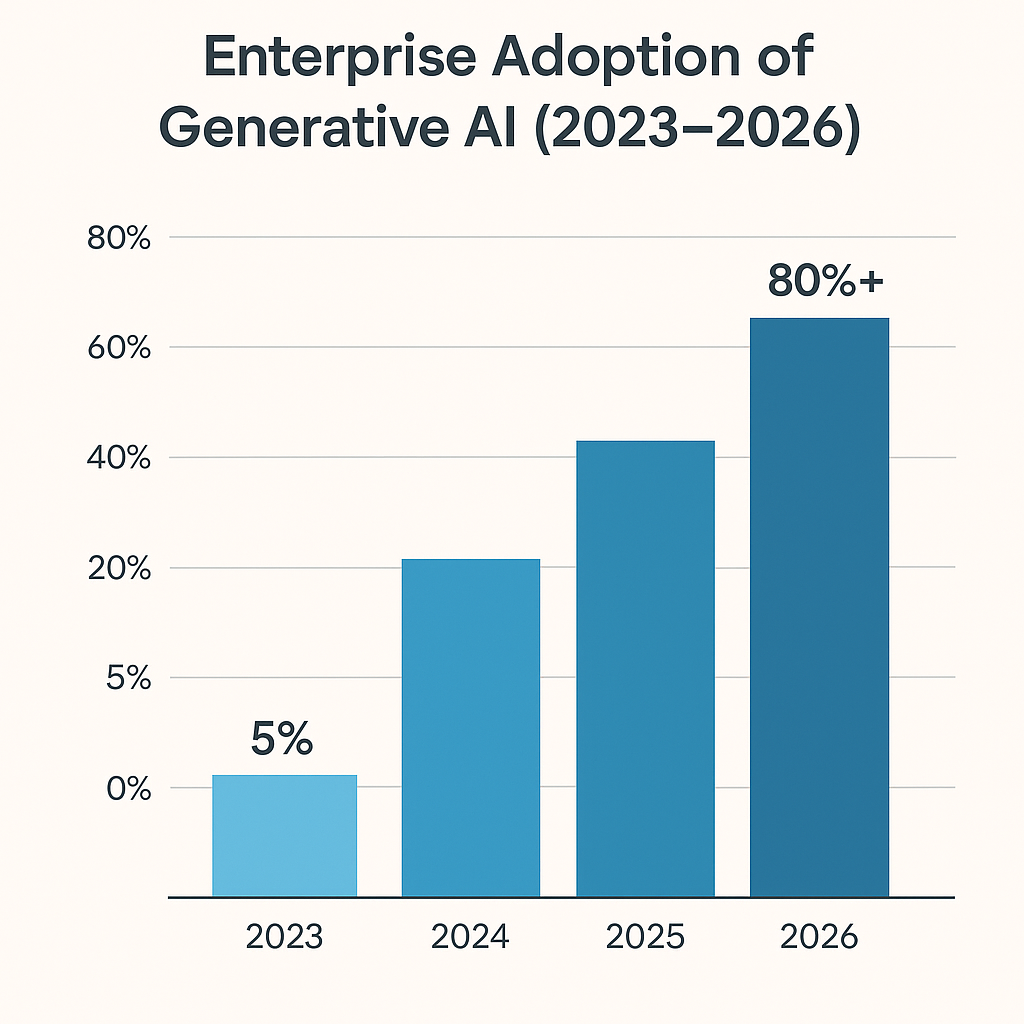The data analytics revolution has quietly reached a tipping point. While businesses drown in oceans of untapped data, a new breed of digital companions has emerged to transform this overwhelming deluge into a strategic advantage. AI copilots—intelligent assistants that dramatically amplify human capabilities—fundamentally reshape how organisations extract insights from information assets.
These sophisticated tools democratise data analysis, empowering coding experts and business users alike to unlock hidden patterns and make more informed decisions. As Microsoft, Google, and OpenAI pour billions into advancing this technology, the question isn't whether AI copilots will transform your business operations—it's whether you're prepared to harness their power before your competitors do.
What Are AI Copilots and Why Are They Gaining Momentum?
AI copilots are intelligent assistants that work alongside human users, enhancing their capabilities in specific domains. In data analytics, these copilots leverage generative AI to help users explore, analyse, and visualise data more effectively than ever before. A report by Gartner shows that by 2026, over 80% of enterprises will have used generative AI (GenAI) APIs or models, or deployed GenAI-enabled applications in production, up from less than 5% in 2023. This surge includes the growing adoption of AI copilots, which are increasingly being integrated into enterprise workflows to enhance productivity and decision-making. Why this explosive growth? The answer lies in the tangible benefits these tools deliver.

How AI Copilots Are Transforming Data Analytics
1. Democratising Data Access and Insights Perhaps the most significant impact of AI copilots is how they're breaking down barriers to data analytics. With natural language interfaces, employees across departments can now ask complex questions about business data without knowing SQL or other programming languages. Research from McKinsey shows that organisations with widespread data accessibility see a considerable improvement in decision-making speed compared to those with traditional data access models. AI copilots are making this accessibility possible at scale.
2. Accelerating Analysis and Reducing Time-to-Insight Time is often the critical factor in business intelligence. AI copilots dramatically reduce the time required to prepare, analyse, and visualise data:
Data preparation tasks that once took days can now be completed in hours or minutes
Complex analyses that require specialist skills can be automated
Visualisation suggestions help users quickly identify the most effective ways to communicate findings
A recent IDC study (commissioned by Microsoft) found that organisations using AI-assisted analytics tools reduced their time-to-insight by a significant percentage, creating substantial competitive advantages in fast-moving markets.
3. Enhancing Data Quality and Governance AI copilots don't just speed up analytics—they also improve its quality. These intelligent systems can:
Automatically identify data quality issues
Suggest corrections for incomplete or inconsistent data
Ensure analyses follow organisational governance policies
Flag potential compliance concerns in real-time
How AI Copilots Supercharge Data Analytics Consultants
For data professionals and consultants, AI copilots aren't replacing human expertise—they're amplifying it in remarkable ways:
1. Automating Routine Tasks: Data consultants often spend 60-80% of their time on data preparation rather than high-value analysis. AI copilots can automate much of this preparatory work, allowing consultants to focus on strategic insights and recommendations.
2. Expanding Technical Capabilities: Even the most experienced consultants have knowledge gaps. AI copilots can:
Suggest optimisation techniques for complex queries
Recommend advanced statistical approaches for specific scenarios
Help implement cutting-edge visualisation methods
Assist with unfamiliar programming languages or frameworks
3. Enabling More Strategic Advisory Work: When freed from routine tasks, consultants can devote more attention to understanding business context, identifying strategic opportunities, and providing actionable recommendations. This shift from data processor to strategic advisor represents a fundamental evolution in the consultant's role.
The Keyrus Advantage: Human Expertise Enhanced by AI
While AI copilots offer tremendous potential, their effective implementation requires human guidance. This is where working with experienced partners like Keyrus becomes invaluable:
1. AI-Aware Consultants: Keyrus consultants are trained to work seamlessly with AI tools, understanding both their capabilities and limitations. This expertise ensures you get the most from AI copilots while avoiding common pitfalls.
2. Clear Activity Differentiation: Not all data tasks are suitable for AI copilots. Keyrus consultants excel at differentiating between:
Tasks that can be safely delegated to AI
Work requiring human judgment and context
Situations demanding combined human-AI collaboration
This thoughtful approach prevents ambiguity and ensures appropriate use of both human and artificial intelligence.
3. Customised Implementation Strategies: Every organisation has unique data needs and challenges. Keyrus develops tailored strategies for integrating AI copilots into your existing data ecosystem, ensuring maximum value with minimal disruption.
Real-World Impact: Organisations Transformed by AI Copilots
The benefits of AI copilots in data analytics aren't theoretical—they're being realised today by forward-thinking organisations:
A global retail chain implemented AI copilots for their merchandising team, resulting in a 40% reduction in reporting time and a 15% improvement in inventory optimisation
A healthcare provider used AI-assisted analytics to identify $3.2 million in potential savings across their supply chain
A financial services firm deployed analytics copilots to improve fraud detection accuracy by 22%, significantly reducing false positives
Getting Started with AI Copilots: Key Considerations
As you consider implementing AI copilots in your analytics strategy, keep these factors in mind:
1. Integration with Existing Systems: The most effective AI copilots work seamlessly with your current data infrastructure. Prioritise solutions that integrate with your existing data warehouses, BI tools, and analytics platforms.
2. Data Governance and Security: AI copilots need access to your data to be effective. Ensure any solution you choose aligns with your governance policies and security requirements.
3. User Training and Change Management: While AI copilots make analytics more accessible, users still need guidance to use them effectively. Invest in appropriate training and change management to maximise adoption and impact.
Conclusion: Partnering for AI-Enhanced Analytics Success
AI copilots represent a paradigm shift in how organisations approach data analytics. By combining the computational power and pattern recognition capabilities of AI with human creativity and business context understanding, these tools enable better, faster decisions at all levels of your organisation.
As Microsoft, Google, and OpenAI continue developing more sophisticated AI copilots, organisations that embrace this technology now will gain significant competitive advantages. Working with experienced partners like Keyrus, whose consultants understand both the technical aspects of AI and the strategic business implications, ensures you can navigate this transition successfully.
The future of data analytics isn't purely human or purely artificial intelligence; it's the powerful combination of both. Organisations that recognise this reality and act accordingly will be well-positioned to thrive in an increasingly data-driven business landscape.
Want to learn more about how AI copilots can transform your organisation's data analytics capabilities? Contact Keyrus today for a personalised consultation.
